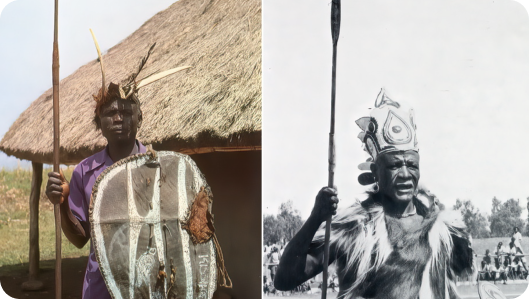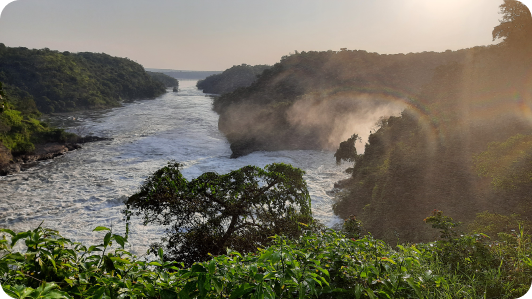About the Alur, Acholi, and Luo People
The Acholi People (Uganda and South Sudan)
The Acholi are an ethnic group found in northern Uganda and parts of South Sudan. We belong to the Nilotic language family, and our language, also called Acholi, is central to our cultural identity. Our traditions and customs have shaped our community for generations.

The Acholi People
(Uganda and South Sudan)

The Acholi People
(Uganda and South Sudan)




Geographic Distribution
Uganda: Most of us live in northern Uganda, particularly in the Acholi sub-region, which includes districts like Gulu, Kitgum, and Pader.
South Sudan: We also live in the northern parts of South Sudan, especially along the border with Uganda.
Language: Acholi is a Western Nilotic language, closely related to Lango, Bari, and Alur. While Acholi is our primary language, many of us also speak English and Swahili.
History and Culture: Traditionally, we have been farmers and cattle herders, with a strong spiritual connection to our ancestors. Our society is organised around clans, with elders playing a central role in decision-making. Our spiritual beliefs focus on the worship of Nom, the supreme deity, and ancestor worship. Many of us have also converted to Christianity, blending it with traditional beliefs.

The Luo people of Kenya
The Luo are one of Kenya’s largest ethnic groups, found primarily in the western regions around Lake Victoria. Our language, Dholuo, is a key part of our cultural identity.
Origins: We migrated from the Nile Valley around the 15th century, settling near Lake Victoria, where we established a strong agricultural and fishing-based economy.
Society and Governance: Our society is traditionally organised around clans, with chiefs (ruoth) playing political and spiritual roles. Elders guide community decisions, and respect for family and elders is integral to our social structure.
Traditions and Beliefs: Our spiritual beliefs focus on Nyasaye, the supreme god, and ancestor worship. Music, dance, and art are central to our cultural expressions, used in ceremonies and celebrations.
Economic Activities: Traditionally, we have been both farmers and fishermen. Today, many of us live in urban areas, but we continue to hold our cultural practices dear.